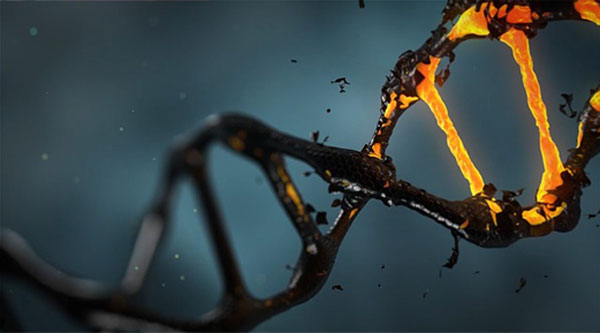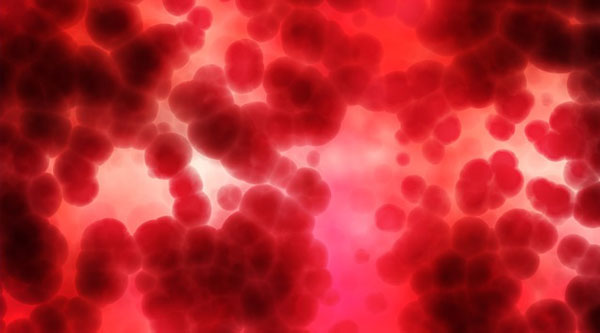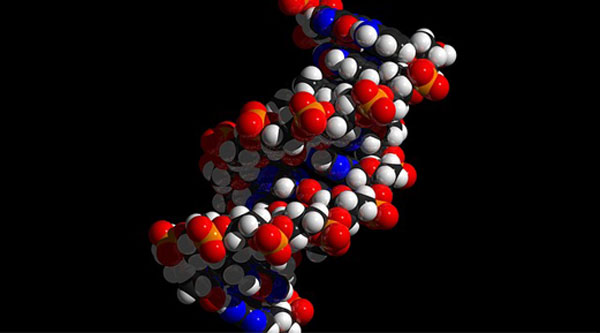PROGRESS REPORTS
Update on the Research of Dr. Prediman K. (P.K.) Shah, MD, MACC
Shapell and Webb Family Chair in Clinical Cardiology
Director, Oppenheimer Atherosclerosis Research Center &
Atherosclerosis Prevention & Management Center at Cedars-Sinai Medical Center
Director, The Heart Foundation’s Steven S. Cohen Endowed Fellowship in Atherosclerosis Research
Professor of Medicine at Cedars-Sinai and UCLA

Dr. P.K. Shah’s research of the mutant gene ApoA-1 Milano continues to make great progress. ApoA-I Milano is a naturally occurring mutant gene that encodes the ApoA-I Milano protein. As mentioned in past reports, this gene produces HDL, or high-density lipoprotein. Also called “good” cholesterol, HDL provides greater protection against atherosclerosis and vascular inflammation — conditions that result in clogged arteries, stroke and heart attack. In previous investigations, Dr. Shah and his team demonstrated that intravenous injection of this protein (manufactured by genetic engineering technology using bacteria as a factory) dramatically reduces plaque buildup and shrinks pre-existing plaque in animal models. Most recently, Dr. Shah and his team have shown that by using an innocuous virus, the ApoA-1 Milano gene was transferred into animals. Unlike the intravenous injection which must be repeated to maintain the protective effect of the HDL, this gene transfer allows the body to create its own supply of HDL. Using this gene therapy approach, Dr Shah’s lab has demonstrated that it shrinks existing plaque in animal models. He is now looking to partner with industry to bring this concept into human studies.

Dr. Shah and his team have also been making steady progress in developing ApoA-1 Milano gene transfer and gene-based therapy to prevent Alzheimer’s disease. In this effort, they are using gene transfer to the brain of mice genetically engineered to have Alzheimer-like pathology. A pilot study has shown favorable effects on the brain and no larger and longer studies are planned to confirm the preliminary results.

In his efforts to develop a vaccine for atherosclerosis, Dr. Shah is broadening his understanding of the immune system and the role it plays. As mentioned in previous reports, this work involves identifying specific antigens within cholesterol particles that provoke a protective immune response, allowing the development of an active vaccination strategy against cholesterol-plaque buildup. This active vaccine contains an antigen that when injected will stimulate the immune system to produce antibodies against the cholesterol particles. This vaccine against plaque build-up may also reduce high blood pressure and rupture of aortic aneurysm. In addition, Dr. Shah and his team have also pioneered the development of a passive cholesterol vaccine which involves the injection of a pre-formed antibody to reduce cholesterol plaque buildup inside arteries. This passive cholesterol vaccine (monoclonal antibody) has been tested and shown to be safe in a Phase 1 human trial. Plans are underway to initiate a Phase 2 efficacy human trial sometime in 2020.

Dr. Shah and his research team are currently participating in clinical trials of a new non-statin cholesterol lowering drug, Evanicumab, in patients with severe genetic defects causing them to have statin-resistant, very high cholesterol levels and a grave risk of premature death from heart disease.








